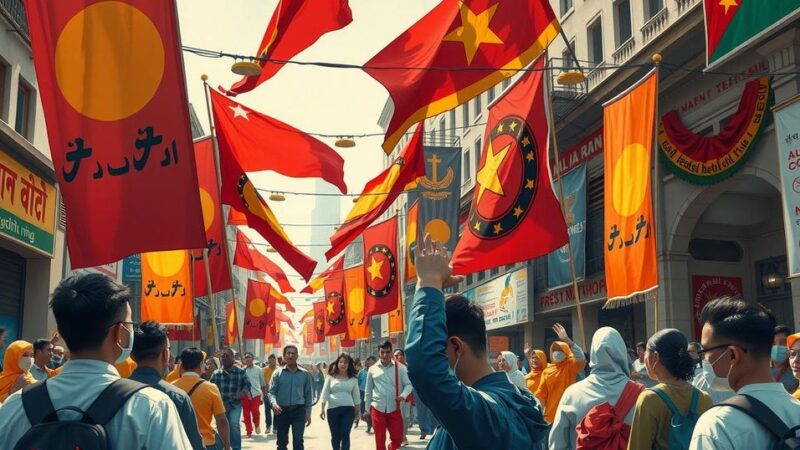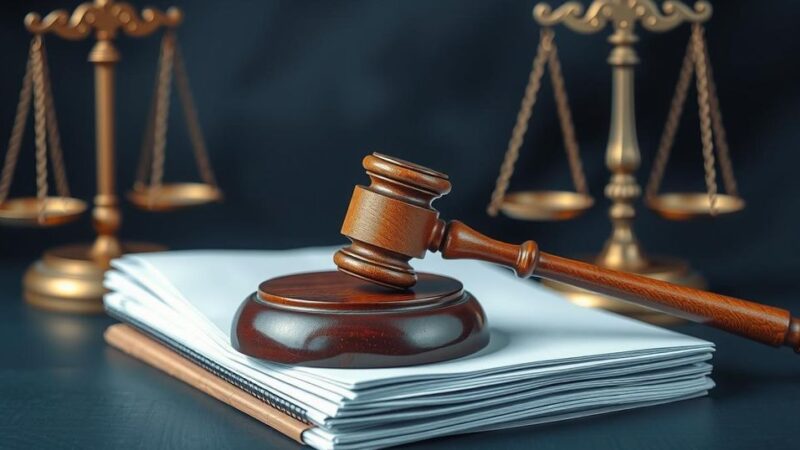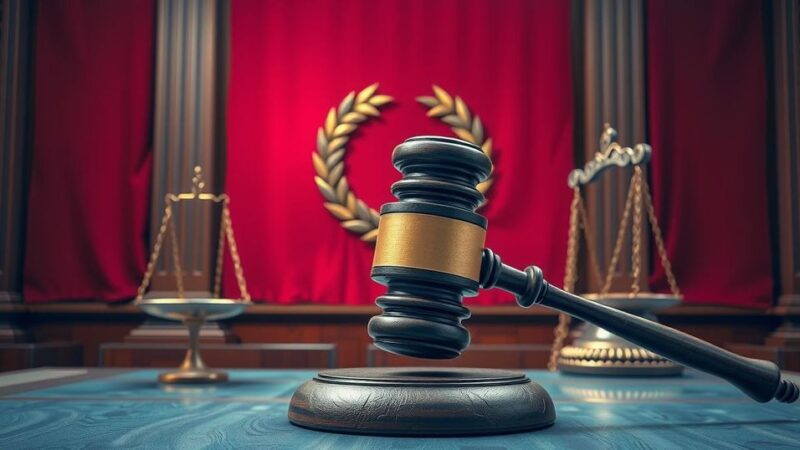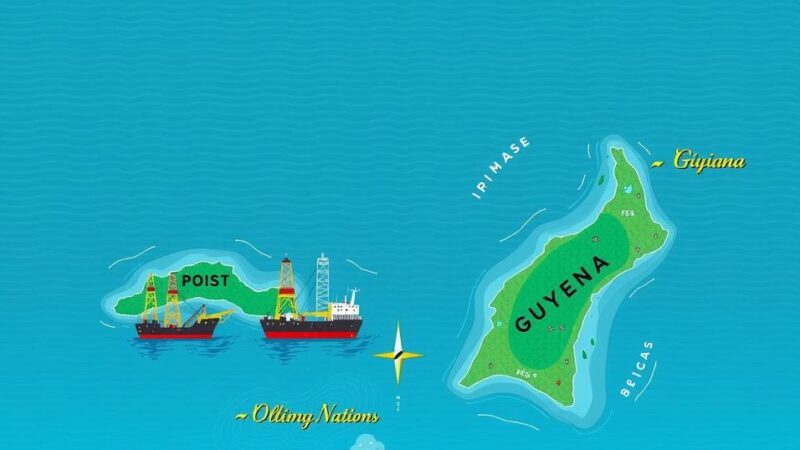Nigeria is undergoing significant unrest following President Bola Tinubu’s emergency declaration in Rivers State, raising concerns about democracy and potential military similarities to actions in Niger, Mali, and Burkina Faso. Legal experts criticize the legality of the president’s actions. There are fears of increased political instability affecting foreign investment, exacerbated by the historical context of the Ijaw people’s marginalization and local unrest.
Currently, tension looms over Nigeria, particularly following President Bola Tinubu’s declaration of a state of emergency in Rivers State. This decision, which also saw the suspension of Governor Sim Fubara and other key officials, has raised concerns among citizens about Nigeria potentially emulating the military juntas of Niger, Mali, and Burkina Faso. Many fear that resorting to military actions in a democratic framework undermines the principles of governance and civil resolution.
Legal professionals, notably the Nigerian Bar Association, have expressed condemnation of the president’s actions, asserting the illegality of suspending a democratically elected government amid internal disputes. President Tinubu’s installation of Vice Admiral Ibok-Ete Ekwe Ibas as an administrator has been criticized for lacking democratic validity.
Critics argue that if democracy is to prevail in Nigeria, internal crises must be resolved politically rather than through military intervention. The recent developments mirror prior incidents in the West African region where military forces overthrew elected leaders. Previously, the Nigerian government had decried such actions, labeling the juntas in Niger, Mali, and Burkina Faso as destabilizing forces and demanding a return to democratic governance.
These juntas have defended their actions by asserting that previous leaders were inadequate and colluding with foreign entities, thus damaging their nations. They cite a stark increase in revenue post-coup, particularly with uranium mining in Niger. While critics of the juntas advocate for civil rule, recent Nigerian government action appears to paradoxically align with those very military interventions they once condemned.
Nigerians have expressed concern that the state of emergency may worsen the already volatile political environment rather than contribute to stability. Observers noted that the president’s combative rhetoric might alienate certain factions rather than promote peace and governance. There is apprehension regarding the long-term impact on foreign investment in Nigeria’s oil-rich regions due to perceived political instability.
With potential economic catastrophes looming, the focus remains on maintaining peace, especially to prevent a resurgence of the militant activities witnessed in the past. Local leaders raise alarms over possible unrest stemming from the political upheaval and the marginalization felt by the Ijaw people within the state’s leadership dynamics.
Despite previous government efforts to stabilize the region, the political unrest following the emergency declaration fosters doubt among investors. Current instability reinforces concerns that Nigeria’s reforms may not suffice to attract foreign investment. Investors generally seek consistency and stability, and ongoing political turmoil likely leads to caution regarding economic commitments in the region.
The situation in Rivers State exemplifies the tensions between democratic governance and military intervention in Nigeria. The president’s recent state of emergency raises serious questions about the future of democracy within the nation and the implications for economic stability and foreign investment. As tensions escalate, the need for political resolution over military action in such crises is imperative to prevent further deterioration of governance and economic prospects in Nigeria.
Original Source: businessday.ng






